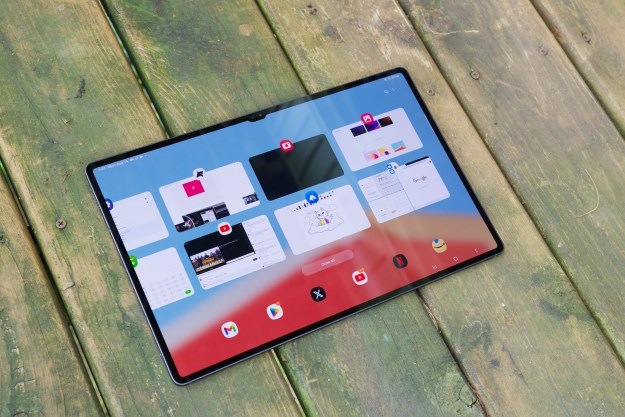
Do you spend way too much time online? Do you logon first thing when you wake up? Take your smartphone to the bathroom to check your messages? Surf the Web while you’re driving? Go online when you should be working? Check Twitter and Facebook last thing at night? Sweat when you get separated from your smartphone? Retch when your Internet connection drops? What? You do? Jeez, sounds like you have a real problem there, although you’re not the only one.
According to the Japanese government, more than half a million of the nation’s children aged between 12 and 18 are addicted to the Internet and in need of help.
In an effort to deal with the issue, the Education Ministry said from next year it’ll offer addicted students the chance to attend so-called Internet ‘fasting camps’, a disconnected world free from computers, smartphones, tablets, and any other Net-connecting devices. Are your hands getting clammy at the mere thought of such a place?
518,000 addicted students
A Daily Yomiuri report Tuesday said that around 518,000 students in Japan are addicted to the Web. The discovery was first reported earlier this month after the publication of research results by the Health Ministry.
The ministry said there was evidence that the addiction was having a negative impact on not only their performance at school but also their health, with sleep and nutritional disorders, as well as depression, reported. Even deep vein thrombosis gets a mention.
While centers for Internet addiction already exist in many countries, Japan, one of the most connected nations on the planet, currently has few places specializing in treatment for those considered to be Web addicts.
Reconnecting
The government intends to use existing facilities such as youth outdoor learning centers for its Internet fasting camps, a place where, over a number of days, students will be slowly and gently encouraged to reconnect with the real world.
Special counseling sessions will be offered by trained psychologists, and lectures about outdoor activities without a smartphone will be given by experts.
Last month, DT’s Jam Kotenko investigated the subject of Net addiction in a piece which included a look at Digital Detox, a personal wellness retreat organization in Ukiah, California, where participants have to hand over their gadgets and gizmos in exchange for a week in the wilderness.
[Image: Tang Yan Song / Shutterstock]


